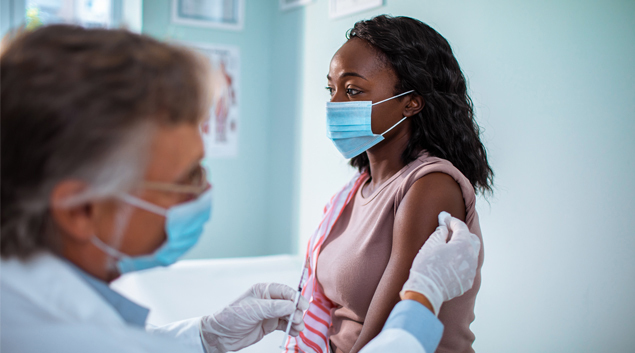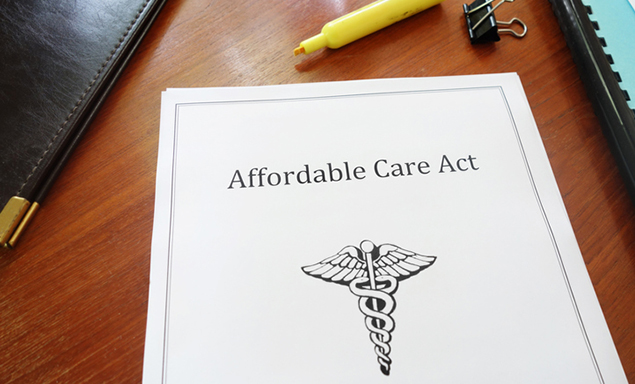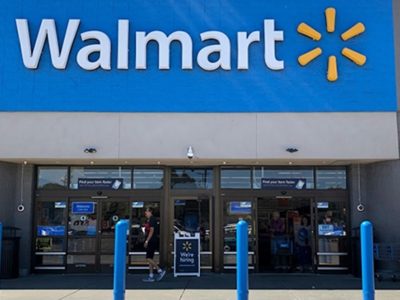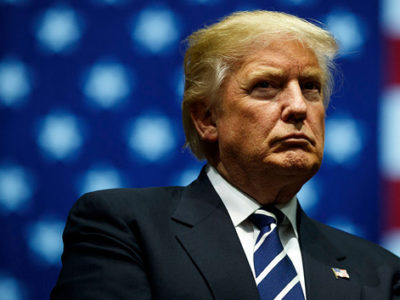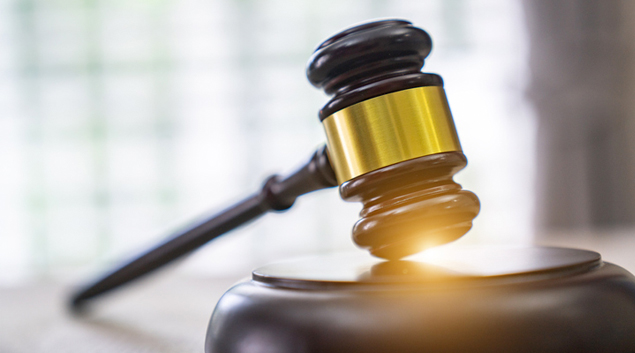
The Department of Justice on Wednesday charged 345 people, including doctors, nurses and other medical professionals, across 51 federal districts in what the agency is calling the largest healthcare fraud takedown in history.
The charges are in connection to cases accounting for more than $6 billion in losses, including more than $4.5 billion connected to telehealth.
According to court documents, 86 defendant telehealth executives allegedly paid doctors and nurse practitioners to order unnecessary durable medical equipment, genetic and other diagnostic testing, and pain medications, either without any patient interaction or with only a brief phone conversation with patients they had never met or seen.
HIMSS20 Digital
Learn on-demand, earn credit, find products and solutions. Get Started >>
Durable medical equipment companies, genetic testing laboratories, and pharmacies then purchased those orders in exchange for illegal kickbacks and bribes and submitted false and fraudulent claims to Medicare and other government insurers.
In addition to the criminal charges, the Centers for Medicare and Medicaid Services’ Center for Program Integrity separately announced that it has taken a number of administrative actions related to telehealth fraud, revoking the Medicare billing privileges of 256 additional medical professionals for their involvement in various schemes.
WHAT’S THE IMPACT
The telehealth fraud take-down is a realization of fears expressed by some of the potential for billing fraud and abuse with the healthcare system when CMS lifted telehealth restrictions during the pandemic.
Mike Cohen, an operations officer with the Health and Human Services Inspector General’s Office, told Kaiser Health News in April that anti-fraud “guardrails have been removed under this epidemic. The concern is that things will never go back to what they were. … There will be a lot of pressure on CMS to make at least some of these changes permanent.”
CMS is under that pressure as the agency, providers and payers weigh the long-term use of telehealth as its use has drastically increased during the pandemic.
WHAT ELSE YOU NEED TO KNOW
Defendants have been charged with more than $845 million in alleged fraud connected to substance abuse treatment facilities, or “sober homes,” and more than $806 million connected to other fraud and illegal opioid distribution schemes across the country.
The “sober homes” cases include charges against more than a dozen criminal defendants in connection with more than $845 million of allegedly false and fraudulent claims for tests and treatments for vulnerable patients seeking treatment for drug and alcohol addiction. Those charged include physicians, owners and operators of substance abuse treatment facilities, as well as patient recruiters (referred to in the industry as “body brokers”).
They’re alleged to have participated in schemes involving the payment of illegal kickbacks and bribes for the referral of scores of patients to substance abuse treatment facilities. Those patients were subjected to medically unnecessary drug testing — often billing thousands of dollars for a single test — and therapy sessions that were frequently not provided, and which resulted in millions of dollars of false and fraudulent claims being submitted to private insurers.
The cases involving the illegal prescription and/or distribution of opioids, or that fall into more traditional categories of healthcare fraud, include charges and guilty pleas involving more than 240 defendants who allegedly participated in schemes to submit more than $800 million in false and fraudulent claims to Medicare, Medicaid, TRICARE and private insurance companies for treatments that were medically unnecessary and often never provided.
THE LARGER TREND
There have been a number of instances of fraud so far in 2020. In July, 10 people were indicted in connection to a scheme of using rural hospitals across multiple states to allegedly bill private insurance companies for fraudulent laboratory testing claims. The conspirators billed insurers roughly $1.4 billion for laboratory urinalysis drug tests and blood tests and were paid about $400 million. This allegedly went on from the end of 2015 to the beginning of 2018.
In February, a physician who was the top prescriber of oxycodone in Michigan from 2016 to 2017 was charged with a $120 million healthcare fraud and money laundering scheme that involved the alleged medically unnecessary distribution of more than 2.2 million doses of controlled substances, and the administration of medically unnecessary injections. These purportedly resulted in patient harm.


